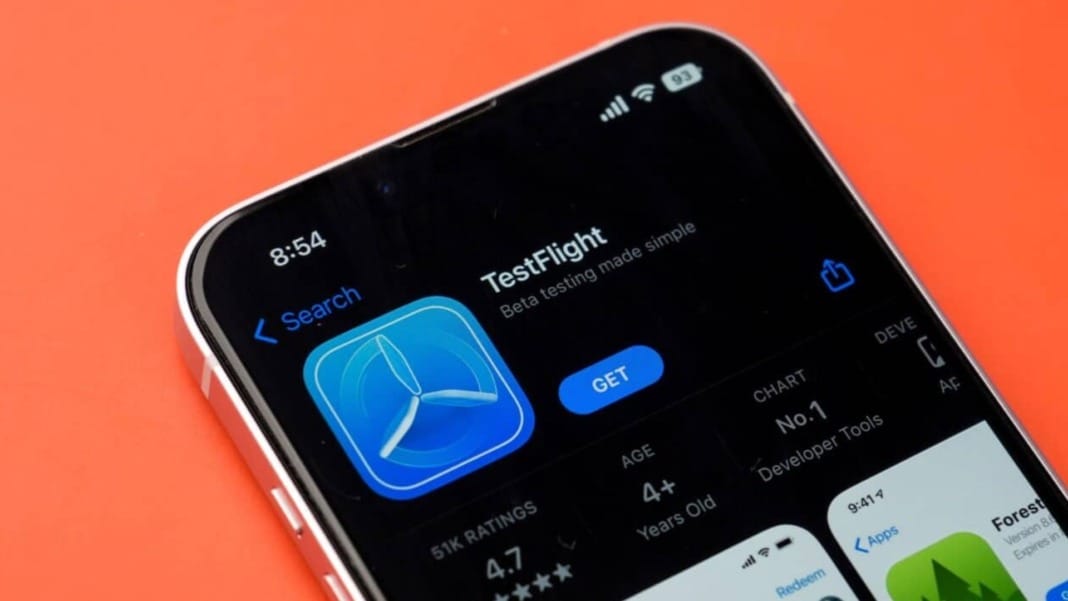Apple has recently rolled out an update to its beta testing service, TestFlight, bringing significant enhancements to give app developers more control over who joins their beta programs and how they share new features. This update, reported by TechCrunch, is designed to streamline the beta testing process for developers and users by providing more detailed information about apps before they are downloaded.
Greater control over beta invite criteria
TestFlight’s new features allow developers to set detailed criteria to define better who can join their beta test groups. Developers can restrict access based on specific characteristics, such as the device model, operating system version, or other criteria. This can be especially useful for tailoring test groups and ensuring that feedback is gathered from users who meet specific requirements, ensuring the app functions well across targeted devices or systems.
With a default capacity of 10,000 invitations, TestFlight offers developers flexibility by allowing them to limit the number of beta users to suit their testing needs. Instead of needing to fill all available slots, developers can cap the number of invitations at any amount they choose, whether for a small, focused group or a larger audience. This means a streamlined beta experience for the app creators and their testers, as developers can reach the specific audiences they need without overwhelming the program.
Enhanced visibility for beta testers
TestFlight now enables developers to share more information with potential beta testers, making it easier for users to understand the app’s purpose and features before joining. With this update, developers can add screenshots, category tags, and a summary of key features in the invite, giving users a clearer idea of what they can expect from the beta version. This approach aims to reduce confusion around the app’s capabilities, helping users determine whether it is relevant before downloading.
Developers also gain valuable feedback data from these invites. They can track invite metrics to see how many people view the invite, who opts in, and why some users decline. This detailed insight helps developers better understand their testers’ preferences and adjust the app’s presentation. Developers can address potential concerns by examining the reasons for declines and refine their invitations for future releases.
Improved user feedback integration
TestFlight’s new invite structure now includes an optional feedback field where users can provide direct feedback on the invite itself. This field allows beta testers who choose not to download the app to leave comments explaining their decision. The feedback could be about anything from concerns with device compatibility to a lack of interest in the app’s features. By opening up this communication channel, Apple allows developers to understand user hesitations better and improve their invites or app features based on real-time user input.
In the competitive app development space, gathering meaningful user feedback early in the process can be crucial. These updates help developers address potential issues early on, improving the chances of launching a successful app that meets user needs.
This new TestFlight experience reflects Apple’s ongoing commitment to fostering smoother interactions between developers and beta testers. By refining the invitation system and providing more comprehensive data, the update supports a more targeted approach to app testing, leading to higher-quality apps at launch.
The enhanced controls and feedback options benefit developers and users by giving them a more informed and efficient beta testing experience.





